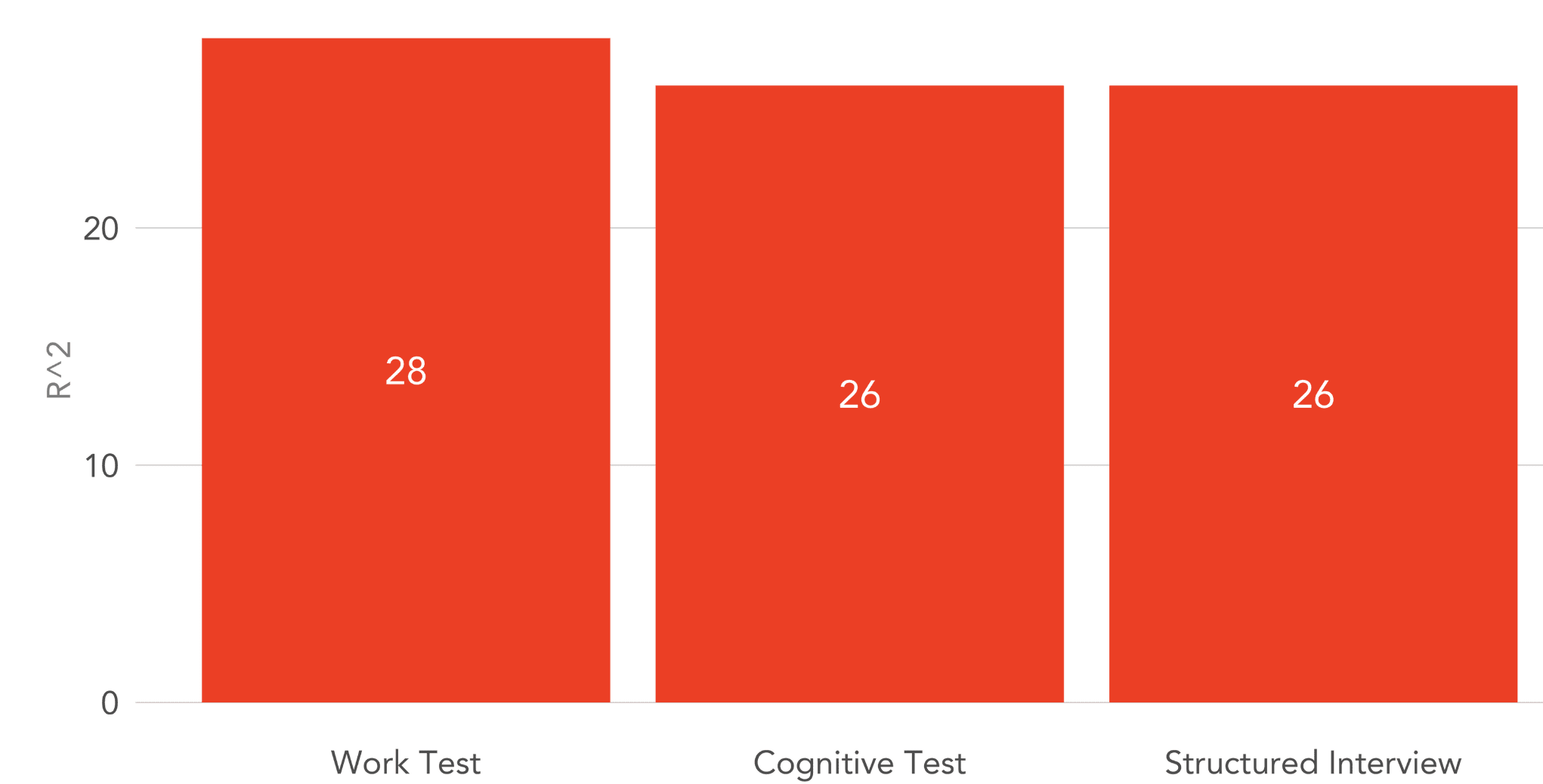3 minute read / Nov 10, 2014 /
The Most Effective Questions to Use When Interviewing Candidates
Most interviews are a waste of time. According to Adam Grant, a professor of Organizational Behavior at Wharton, “standard interviews only accounted for 8% of the differences in performance and productivity.” The typical interview fails to predict performance accurately because it is subject to interviewer biases and candidate biases, and fails to compare the candidates with a consistent rubric.
In a talent market as competitive as today’s, startups who can more accurately assess candidates’ future performance will create a tremendous recruiting efficiency and ultimately execution advantage. Though no interview system will predict future performance flawlessly, structured interviews, work tests, and intelligence tests are three times more predictive than unstructured interviews.

A structured interview process consists of three things: first, the characteristics of the ideal candidate are established at the outset; second, a team creates the questions used to establish whether a candidate embodies those characteristics ahead of the process; three, the interviewing team scores each candidate on a numerical score.
When I interviewed PMs at Google, we used a very structured interview process. These are the core features of Google’s process at the time:
- The Google PM team selected four essential attributes for new PMs: technical ability, communication skills, intellect, and Googliness/conscientiousness.
- A group of experts, in this case, long time PMs, create a library of situational judgement questions that represent typical situations a PM at Google might face1. These are shared across the PM team.
- The interview committee tasked each interviewer to screen for all four, but focus on two of the key attributes in particular. The specific two attributes were indicated in an email before the interview.
- Interviewers score each candidate on a 1-5 scale. The interview feedback is aggregated by the hiring committee, filtered by score and then discusses each candidate above the threshold in greater detail.
- Periodically, interviewers were trained on identifying and mitigating their own interview biases.
Every company will develop its own hiring practices. But the research on employing structured interviews with situational judgement questions is a compelling argument to reconsider the traditional unstructured interview.
In addition, asking candidates to prepare a work product is an incredibly important part of the process. Work products are typically presentations or white-boarding sessions tackling a key strategic issue for the business. A 90 day plan for a team or department for example.
IQ tests are not new, but they are less common in technology than in other places. Many use GPA or educational background as a proxy for intelligence, but those are lossy predictors.
As your startup evaluates its interviewing process, consider adding some of these components to increase hiring success.
1 There are many ways to implement Situational Judgement Questions. Research shows they can be delivered online or asked as a multiple choice quiz, with the same predictive power as in person, which means they can be very effective tools for high volume screening.